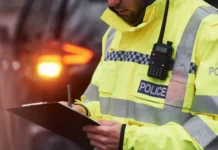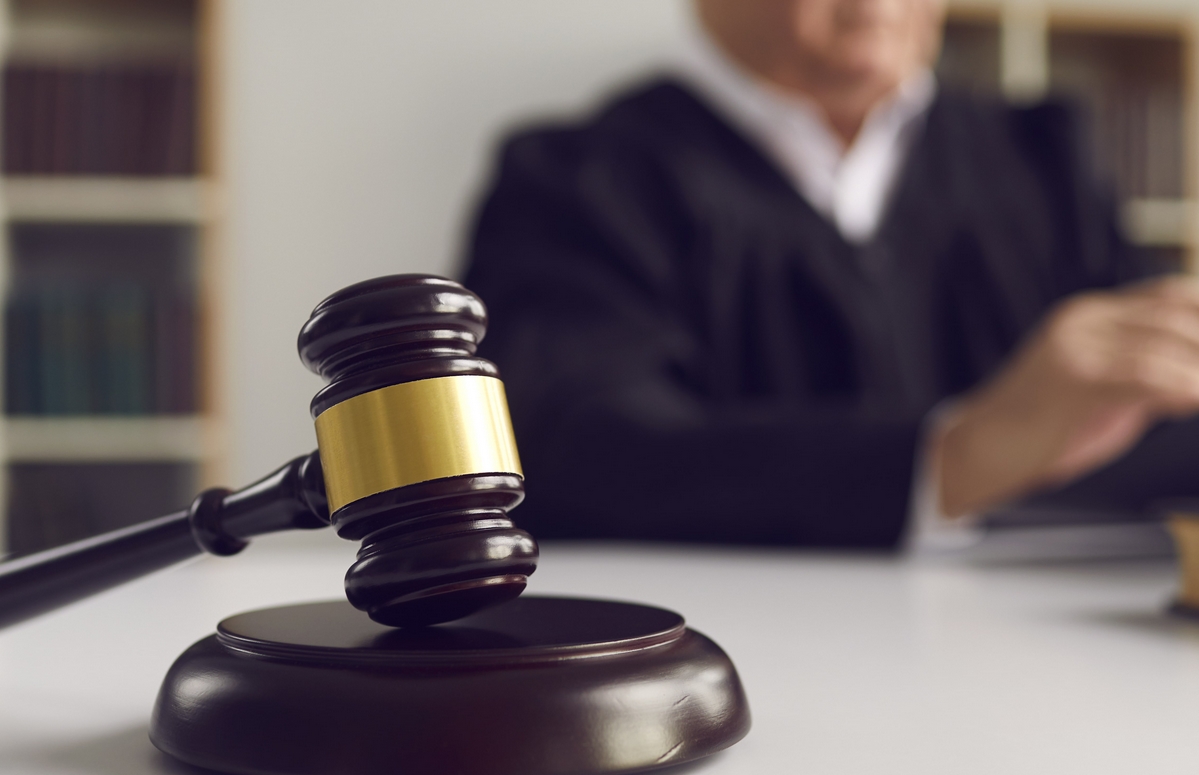
Preliminary hearings play a vital role in the criminal justice system, serving as a crucial step before a trial. In these proceedings, the prosecution presents evidence to determine whether there is enough probable cause to proceed with a trial. To ensure a fair and just legal process, the presence of skilled criminal defense lawyers becomes essential. In this article, we will explore the significance of preliminary hearings and delve into the role that defense lawyers play in these proceedings.
1. The Function of Preliminary Hearings
Preliminary hearings serve as an initial screening process in criminal cases. Unlike a trial, their primary purpose is not to determine guilt or innocence but rather to evaluate the strength of the prosecution’s case. During these hearings, a judge examines the evidence presented by the prosecution and decides whether it is sufficient to proceed to trial.

2. The Role of Criminal Defense Lawyers
Criminal defense lawyers play a crucial role in safeguarding the rights of the accused and ensuring a fair legal process. Their responsibilities during preliminary hearings include:
Legal representation and advocacy:
Defense lawyers provide legal counsel to the accused, ensuring their rights are protected.
They advocate for their clients’ interests and work to challenge the prosecution’s evidence.
Investigation and case preparation:
Defense lawyers conduct a thorough investigation, gathering evidence and identifying potential witnesses.
They analyze the prosecution’s evidence to identify weaknesses and inconsistencies.
Presentation of evidence and witnesses:
Defense lawyers present evidence and witnesses on behalf of their clients.
They aim to cast doubt on the prosecution’s case by introducing alternative explanations or conflicting evidence.
Cross-examination of prosecution witnesses:
Defense lawyers skillfully cross-examine prosecution witnesses to challenge their credibility or highlight inconsistencies.
Through effective questioning, they seek to weaken the prosecution’s case.
Legal arguments and objections:
Defense lawyers make legal arguments and objections during the hearing, ensuring that their clients’ rights are upheld.
They challenge the admissibility of evidence and raise objections when necessary.
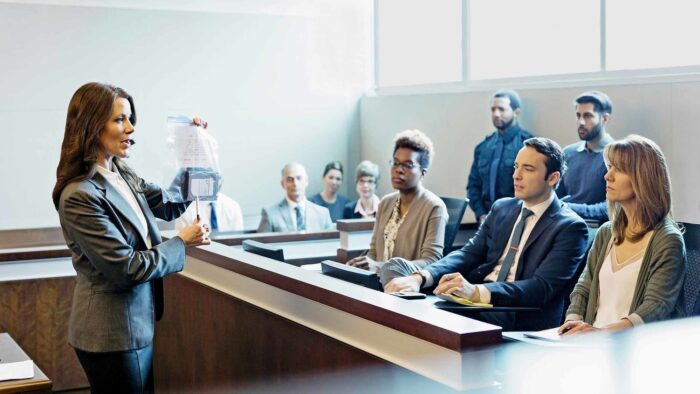
3. Strategies Employed by Criminal Defense Lawyers in Preliminary Hearings
Defense lawyers utilize various strategies to strengthen their clients’ cases and undermine the prosecution’s evidence. Some of these strategies include:
Developing a defense theory:
Defense lawyers formulate a coherent defense theory based on the facts and evidence of the case.
This theory guides their strategy throughout the preliminary hearing and trial.
Challenging probable cause:
Defense lawyers scrutinize the prosecution’s evidence and arguments to challenge the existence of probable cause.
They aim to demonstrate that there is insufficient evidence to proceed to trial.
Suppression of evidence:
Defense lawyers may file motions to suppress certain evidence if they believe it was obtained illegally or in violation of their clients’ rights.
If successful, this can significantly weaken the prosecution’s case.
Impeachment of witness credibility:
Defense lawyers carefully examine the credibility of prosecution witnesses.
They search for inconsistencies, biases, or motives that may undermine the witness’s reliability.
Negotiating plea bargains:
Defense lawyers may explore the possibility of negotiating plea bargains on behalf of their clients.
This involves reaching agreements with the prosecution to secure reduced charges or penalties.
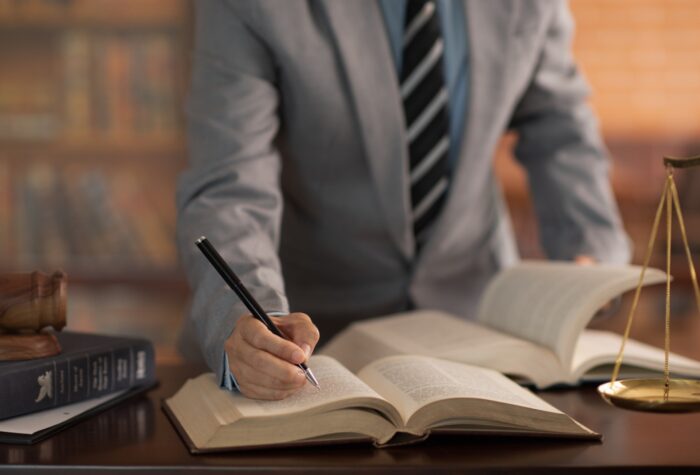
4. Challenges Faced by Criminal Defense Lawyers in Preliminary Hearings
Defense lawyers encounter several challenges during preliminary hearings, including:
Limited discovery and information:
Unlike trials, preliminary hearings offer limited opportunities for discovery.
Defense lawyers must work with the information available to them, which can be a challenge when preparing a robust defense.
High burden of proof for the prosecution:
The prosecution must establish probable cause during preliminary hearings, which can be a challenging burden to meet.
Defense lawyers capitalize on this high burden by scrutinizing the evidence and presenting counterarguments.
Biases and preconceived notions of judges:
Judges presiding over preliminary hearings may have preconceived notions or biases that could impact the defense’s arguments.
Defense lawyers must navigate these potential biases and work to present a compelling case.
Lack of formal rules of evidence:
Unlike trials, preliminary hearings often have more relaxed rules of evidence.
Defense lawyers must adapt their strategies to navigate these flexible guidelines while protecting their clients’ rights.
Time constraints and pressure:
Preliminary hearings are typically conducted within a limited timeframe, placing pressure on defense lawyers to present a strong defense quickly.
Defense lawyers must efficiently utilize their time to investigate, prepare, and present their case.
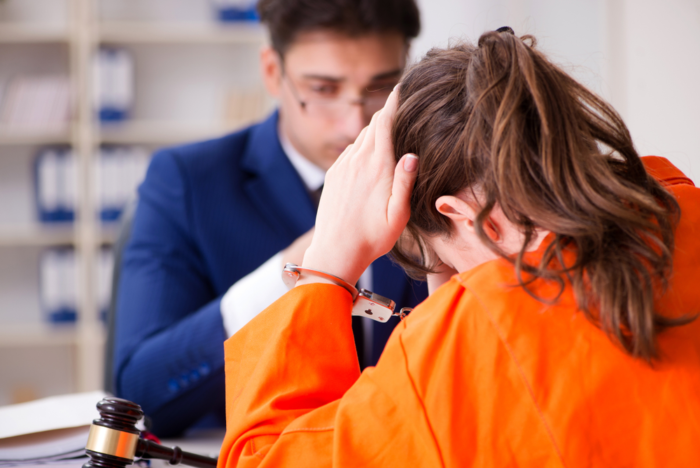
5. Significance of Preliminary Hearings in the Criminal Justice System
Preliminary hearings hold significant importance in the criminal justice system, providing several benefits:
Protection of defendants’ rights:
Preliminary hearings ensure that defendants’ rights are safeguarded by allowing defense lawyers to challenge the prosecution’s evidence.
This helps prevent the progression of weak or insufficient cases to trial.
Screening process for weak or insufficient cases:
Preliminary hearings serve as a crucial screening process, filtering out cases where the prosecution lacks sufficient evidence.
This helps prevent unnecessary trials and conserves judicial resources.
Opportunity for defendants to challenge the prosecution’s evidence:
Preliminary hearings provide defendants with the opportunity to challenge the prosecution’s evidence, ensuring a fair and transparent legal process.
This enables defense lawyers to present alternative narratives or evidence that may undermine the prosecution’s case.
Reduction of court backlog and efficiency in the criminal justice system:
By identifying cases that lack sufficient evidence during preliminary hearings, the court can focus its resources on cases with stronger merits.
This helps reduce court backlog and promotes efficiency within the criminal justice system.
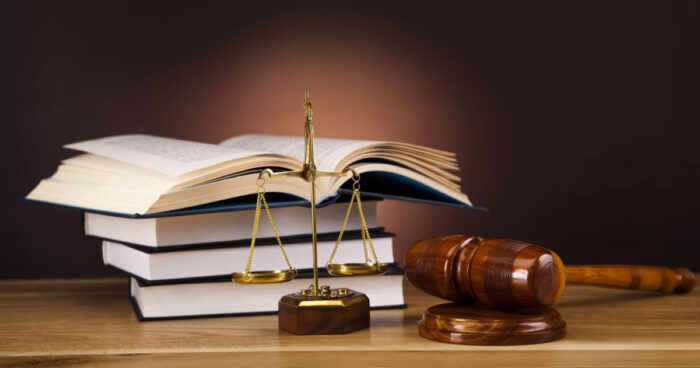
6. The Importance of Effective Communication in Preliminary Hearings
Effective communication is a cornerstone of successful defense representation during preliminary hearings. Defense lawyers employ various communication strategies to convey their arguments and engage with the court. These strategies include:
Clear and concise language:
Defense lawyers use clear and concise language to present their arguments and counter the prosecution’s claims.
They avoid jargon and complex terminology, ensuring that their message is easily understood by the judge.
Persuasive storytelling:
Defense lawyers utilize storytelling techniques to present a compelling narrative that supports their clients’ innocence or raises doubts about the prosecution’s case.
By framing the evidence and witness testimonies within a coherent and persuasive story, defense lawyers can sway the judge’s perspective.
Active listening:
During the prosecution’s presentation, defense lawyers actively listen to identify potential weaknesses, inconsistencies, or opportunities for cross-examination.
This attentive listening enables them to effectively challenge the prosecution’s evidence and bolster their own arguments.
Non-verbal communication:
Defense lawyers pay attention to their own non-verbal cues, such as body language, facial expressions, and gestures.
They also observe the judge’s non-verbal cues to gauge their receptiveness or skepticism towards the defense’s arguments.
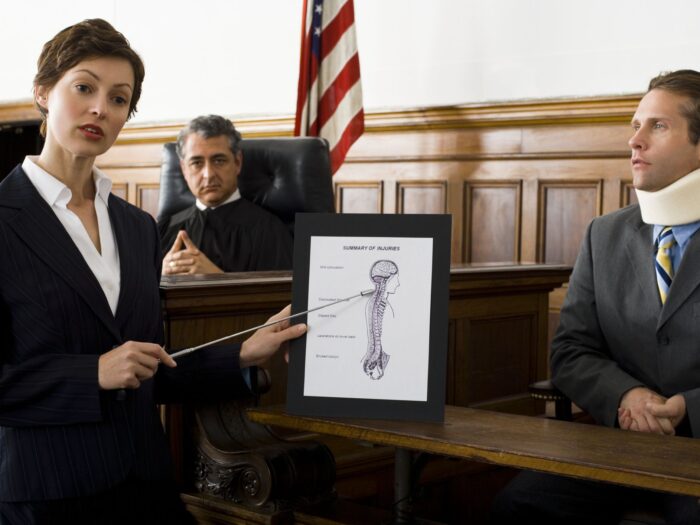
7. The Ethical Responsibilities of Criminal Defense Lawyers
Criminal defense lawyers uphold a high standard of ethics in their role during preliminary hearings. They are bound by professional rules of conduct that dictate their responsibilities and obligations. These ethical responsibilities include:
Zealous advocacy:
Defense lawyers are obligated to advocate vigorously for their clients’ interests while maintaining integrity and professionalism.
They must explore every available legal avenue and challenge the prosecution’s case to the best of their abilities.
Confidentiality and loyalty:
Defense lawyers maintain strict confidentiality regarding their clients’ information, ensuring that privileged communications remain protected.
They demonstrate unwavering loyalty to their clients and act solely in their best interests.
Professional competence:
Defense lawyers are expected to possess the necessary legal knowledge and skills to effectively represent their clients during preliminary hearings.
They continuously enhance their professional competence through ongoing education and staying updated on legal developments.
Honesty and candor:
Defense lawyers are truthful and forthright in their interactions with the court, opposing counsel, and witnesses.
They refrain from presenting false evidence or engaging in misleading practices.
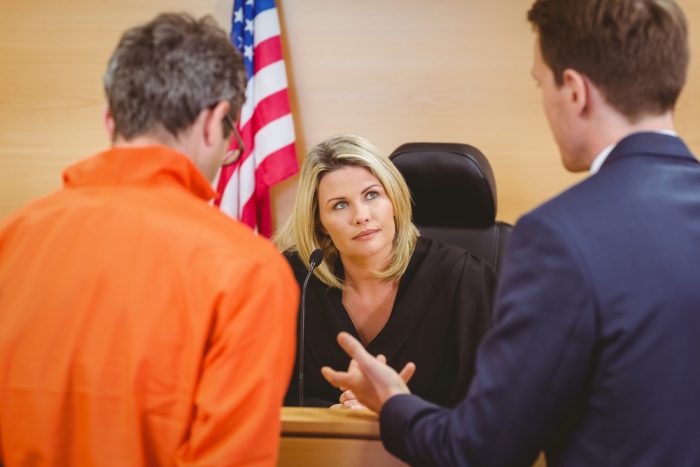
Conclusion
In the realm of criminal defense, the role of defense lawyers in preliminary hearings is crucial in safeguarding the rights of the accused and ensuring a fair legal process. These hearings serve as a critical filter, evaluating the strength of the prosecution’s case before proceeding to trial. Defense lawyers play a pivotal role in challenging the prosecution’s evidence, presenting alternative narratives, and advocating for their clients’ interests.
By employing effective communication strategies, defense lawyers effectively convey their arguments, engage with the court, and sway the judge’s perspective. Adhering to high ethical standards, they maintain confidentiality, demonstrate loyalty, and act with honesty and professionalism throughout the process.
Understanding the significance of the role played by defense lawyers in preliminary hearings enhances our appreciation for their contributions in upholding justice, protecting individual rights, and maintaining the integrity of the criminal justice system as a whole.

